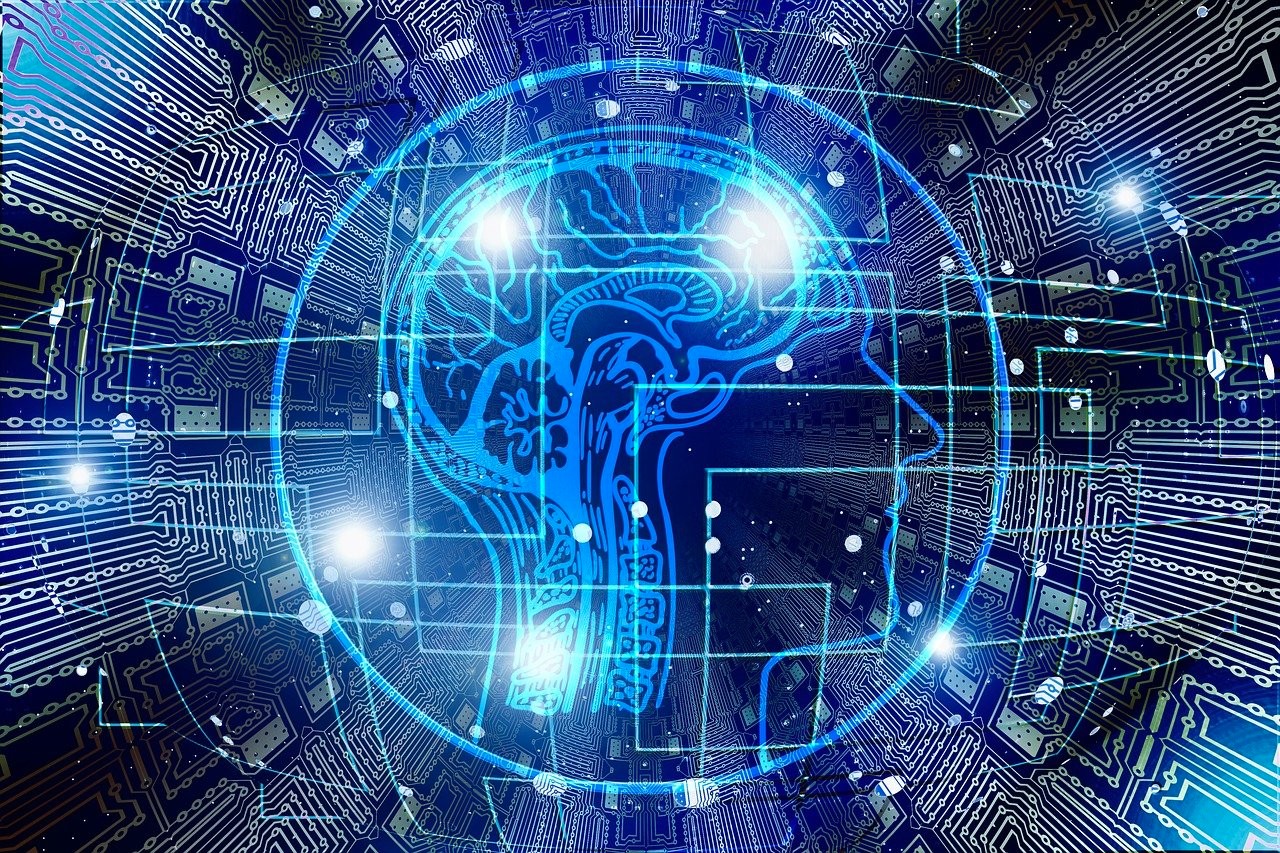The very notion of artificial intelligence (AI) encroaching on what used to be distinctly human roles is enough to conjure dystopian images straight out of science fiction. Yet, as the relentless march of technology continues unabated, payroll experts are left wondering with a mix of trepidation and anticipation: Will the payroll software of tomorrow usurp our roles today?
To answer this, we need to delve into where AI currently stands in payroll management and forecast where it could be heading, all in the context of recognising the invaluable role that skilled human practitioners play.
The Role of AI in Payroll
At the heart of AI’s burgeoning influence in payroll is the simple premise of automation. Software equipped with AI can tackle repetitive and predictable tasks with a level of speed and accuracy that surpasses human capabilities, from simple calculations to the processing of a vast array of payroll-related data points.
Further, it can swiftly identify and rectify errors that would have eluded human eyes and alert them to potential compliance issues before they become headaches for the company.
Benefits of AI in Payroll
The benefits of AI in payroll are self-evident: minimising human error, improving efficiency, and cost savings. By freeing up time that would have otherwise been spent on manual tasks, payroll experts can focus on more value-added work such as strategic decision-making, employee engagement initiatives, and developing a deeper understanding of the business’s needs.
1. Efficiency and Accuracy
AI in payroll promises unwavering precision – irrespective of the volume of data it is tasked to handle. This has transformative implications for both large enterprises and small-scale startups, fostering a business environment where payroll processing is not only error-free but consistently on time.
2. Time-Saving and Cost-Effective
The time-saving aspect is equally compelling. Manual payroll processes are notoriously time-consuming, but by transferring repetitive tasks to AI, businesses can unlock a new level of operational efficiency. The cost reductions, though sometimes overlooked, are inherent to this automation process.
3. Data Analysis and Reporting Capabilities
AI doesn’t just process. It dissects. The payroll software can employ sophisticated data analysis tools to provide insights and reporting that a human would find cumbersome at best. It can highlight trends and financial insights that can inform decision-making at the executive level, making payroll much more than just an administrative chore.
The Value of Human Payroll Experts
For all its advancements, AI in payroll software still can’t replace the nuanced decision-making and deep domain expertise payroll professionals offer.
1. Complex Decision-Making
Payroll is not only about numbers, it’s about context. There are often complexities involved that require human judgment – from the specifics of a particular payment to the larger strategy behind a company’s compensation plan.
2. Interpretation and Implementation of Regulations
It is one thing for AI to be programmed to follow regulations. It is another for it to interpret changes in legislation or other statutory instruments. Human payroll experts have the experience and ongoing training to navigate the ever-shifting labyrinth of compliance requirements and can preemptively identify potential issues that AI might not foresee.
3. Personalized Employee Support
Beyond the data and deadlines are the people. Human payroll experts provide a level of personalization and support that software can’t match. They can handle delicate or complex employee inquiries, providing the essential human touch when it comes to something as personal as a paycheck.
AI as a Collaborative Tool
As we consider a future where AI and humans coexist in the workplace, it becomes apparent that the most effective strategy lies in collaboration, not competition.
1. How AI Can Enhance the Work of Payroll Experts
AI’s role in payroll can be that of an enabler. Assuming the brunt of the repetitive tasks, it frees up payroll professionals to engage in higher-order thinking, contributing directly to the strategic growth of their organizations. AI is not here to replace human experts. It is here to empower them.
2. The Need for Constant Human Oversight
AI, by nature, requires human oversight. It’s crucial to ensure the software is functioning correctly and that any anomalies or errors are addressed promptly. This ongoing monitoring ensures that AI remains a valuable tool rather than a hindrance.
Addressing Concerns and Limitations
While we celebrate the benefits that AI brings to the table, we must also address the challenges head-on.
1. Data Security and Privacy
As AI becomes more intertwined with sensitive information, ensuring robust security measures and maintaining data privacy has never been more critical. One breach could spell disaster for an entire payroll system, eroding trust in both AI and the professionals who manage it.
2. Ethical Considerations
We must also grapple with the ethical implications of AI taking over significant human responsibilities. What happens to the workforce displaced by automation? How do we ensure that the AI algorithms stay free of bias and treat all employees fairly?
3. Continuous Learning and Adaptation
Neither AI nor human expertise is static. Both require constant updating and education, evolving with the technology and the regulations it seeks to navigate. Organizations and practitioners must be committed to lifelong learning to stay ahead of the curve.
Conclusion
The inexorable march of AI is a reality, but so, too, is the irreplaceable value of human judgment and empathy. In the payroll world, my view is crystal clear: AI will never replace the payroll expert. It will only ever enhance their role. While AI may revolutionize how payrolls are processed and managed, it is the seasoned human touch that gives life to these numbers and lends the final polish to these digital files.
It is not an “either-or” between AI and the human payroll expert. It’s a “both-and,” a delicate dance of technology and human innovation. As long as we stay innovative, agile, and willing to evolve alongside our digital counterparts, the future of payroll, where AI and humans work in exquisite symphony, can be a future we all look forward to, a future that assures us, not terrifies us.












